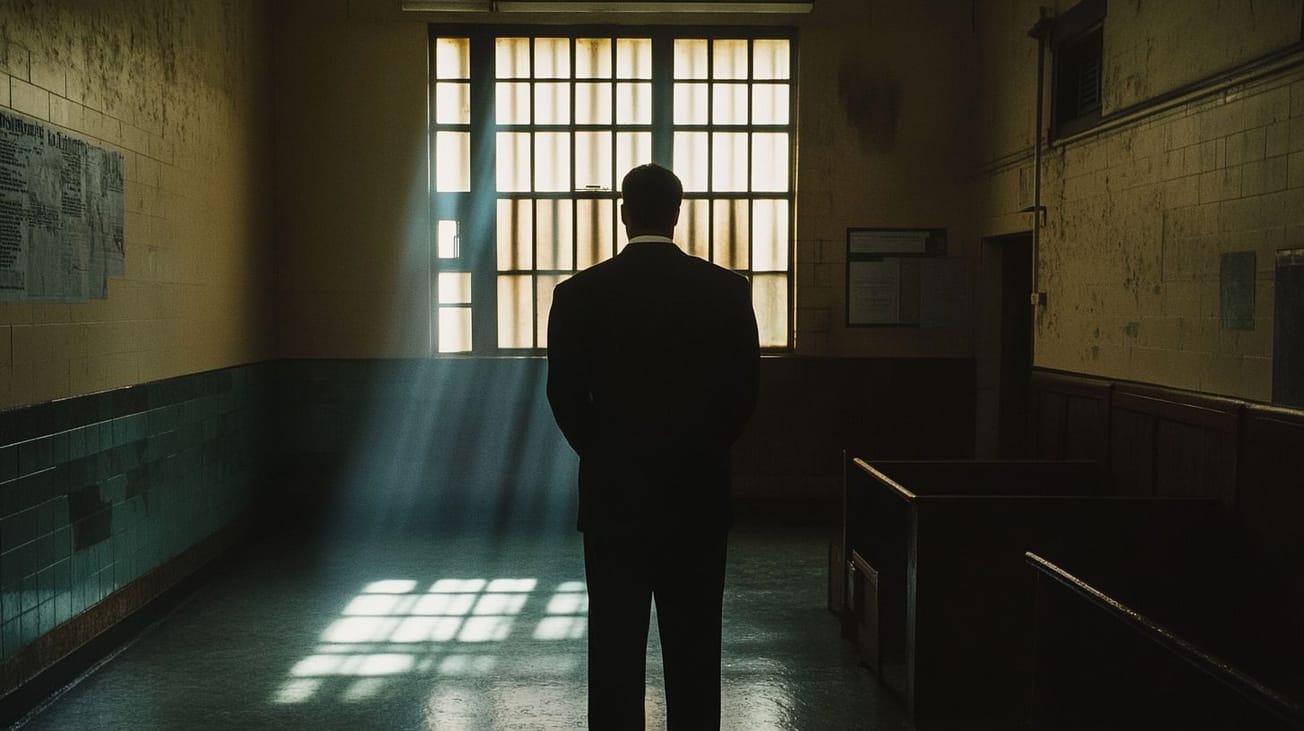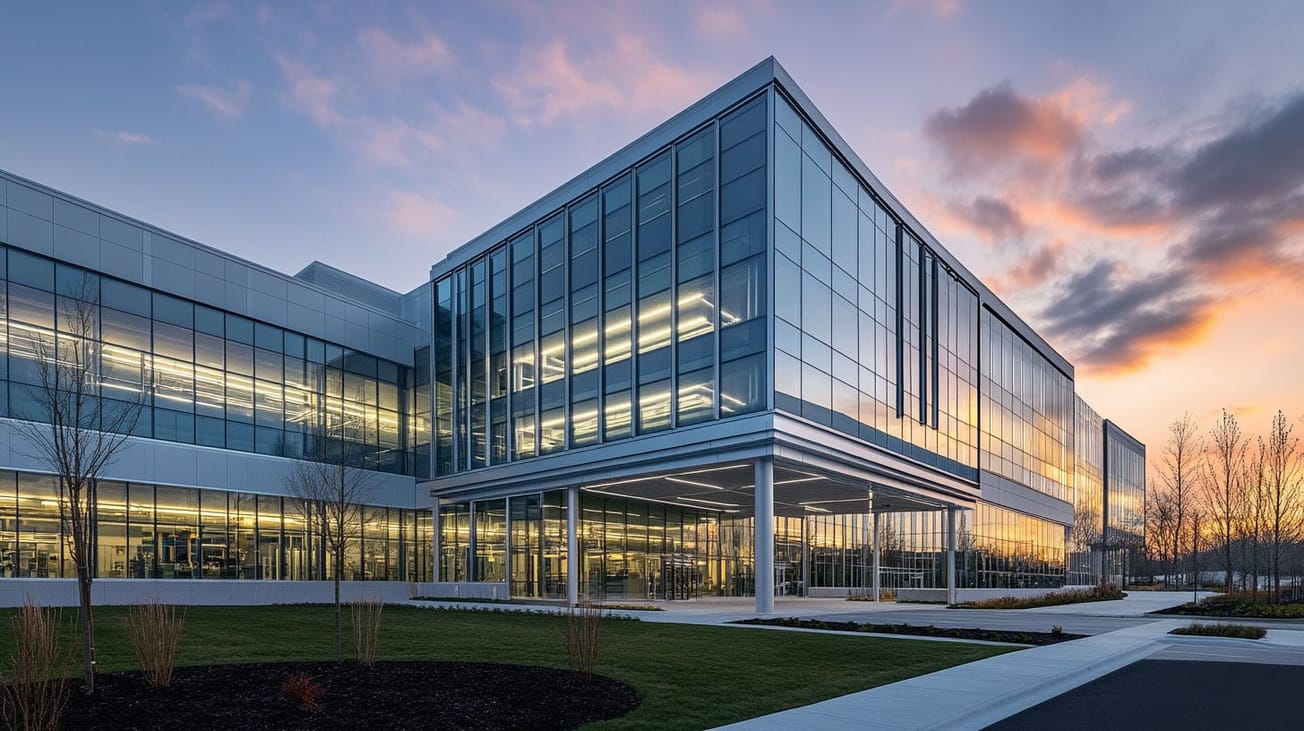Illinois Attorney General Kwame Raoul has taken decisive action to address the issue of wrongful convictions in the state by launching a new Conviction Integrity Unit. This unit, funded by a $1.5 million grant from the U.S. Department of Justice, will focus on investigating claims of innocence in violent felony cases where new and credible evidence has emerged. The goal is not only to exonerate wrongfully convicted individuals but also to identify the true perpetrators of the crimes.
To be considered for review by the Conviction Integrity Unit, cases must involve forcible felony convictions, with the convicted individual still serving their sentence and claiming actual innocence. Additionally, newly discovered evidence or untested old evidence that could impact the case must be presented. As of now, there are 555 documented exonerations in Illinois since 1989, with murder being the most common wrongful conviction both statewide and nationally.
In another instance of seeking justice for a wrongful conviction, Marvin Haynes from Minnesota has filed a claim against the State asking for nearly $2 million in damages for his near two decades of wrongful imprisonment. After being exonerated last year for the murder charge he was imprisoned for at 16 years old, Haynes's legal team is pushing for compensation for lost wages and the emotional toll his wrongful conviction has taken on him.
Further shedding light on the repercussions of wrongful convictions, Ryan Ferguson from Missouri, whose murder conviction was overturned in 2013, is set to receive a substantial payout of $38 million after a lengthy legal battle with an insurance company. Ferguson's pursuit of justice highlights the financial strain and enduring trauma faced by those who have been wrongfully incarcerated.
A look at states with high rates of wrongful convictions reveals Massachusetts as second only to Washington, D.C., in exoneration numbers since 1989, despite efforts to cap compensation for the wrongfully convicted historically. In contrast, New York has seen higher overall exoneration rates, but legislative attempts to challenge wrongful convictions have faced obstacles at the governor level.
Connecticut stands out for its sizable compensatory awards for wrongful convictions, indicating a recognition of past injustices. Conversely, Louisiana ranks highest in average years lost per exoneration case, reflecting a significant need for systemic reform to address wrongful convictions effectively.
As these cases demonstrate, the fight against wrongful convictions remains crucial, demanding ongoing vigilance and reform within the criminal justice system to uphold justice and prevent future miscarriages of justice.
Illinois Attorney General Launches Statewide Effort to Prevent Wrongful Convictions
Illinois Attorney General Kwame Raoul has taken decisive action to address the issue of wrongful convictions in the state by launching a new Conviction Integrity Unit. This unit, funded by a $1.5 million grant from the U.S.





